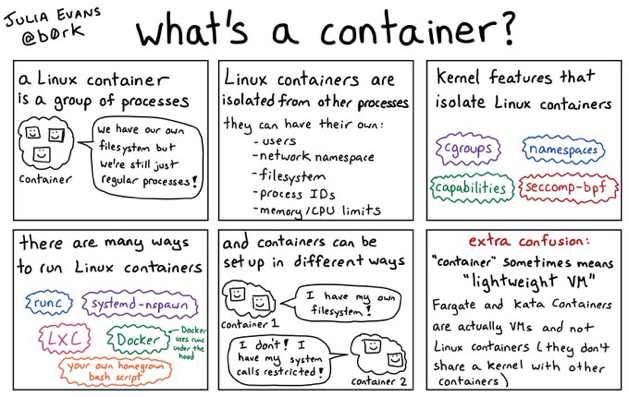Fall 2020
The semester has started. Welcome everyone.
What shall we do for the working group during the pandemic? Are you up for another video meeting? I (Alex) am up for it and would be happy to participate or lead, but we’d need to poll for a different time. Drop your thoughts here, or in the Comments below.
Spring 2020
-
5 February 2020 - Check-in meeting with updates from participants, and wish list for semester topics (see list below).
-
12 February 2020 - Alex Buerkle will lead some regular expression gymnastics. {LINK} For these data wrangling exercises, we will work with regular expressions and | (pipe) and a few UNIX friends (we will save cut, sed, awk, uniq, and sort for another day). Please bring a laptop.
-
19 February 2020 - Dylan Perkins (End User Support Manager, ARCC) will give a presentation on "containers and software environments" and lead some hands-on with Conda Environments.

-
26 February 2020 - Alex Buerkle will lead some additional regular expression gymnastics. [LINK]
-
4 March 2020 - Lars Kothoff will lead a discussion of compiled versus interpreted languages, how interpreted languages regularly rely on compiled code, what steps compilers use to optimize code execution, and what really happens when you compile a STAN model and run it from python or R.
-
For those with less of a computer science background that would like a bit more information about the abstractions required to code from binary (the 0s and 1s we discussed) to interpreted languages, I (Jason) found Crash Course's Computer Science playlist to be super interesting. It's 41 videos, but they do kind of an amazing job of linking our day-to-day interactions with computers to the fundamental elements that make computers actually work.
-
-
11 March 2020 - Given that this is an optional meeting, in response to the anticipated spread of COVID19, we are going to suspend meetings of the working group for now. We will see how things look after spring break and evaluate the rest of the semester's schedule. Meanwhile carry on with your other work and stay well.
-
18 March 2020 – Spring break
-
Future – Hierarchical statistical modeling of mixtures 1 (@Alex Buerkle will lead) – conceptual, graphical, and mathematical introduction to one or a few examples of mixture models Mixture models are used when we want to assign cases (individuals, samples) to source populations (stone artifacts assigned to known or unobserved source quarries, migrant animals assigned to a birth place), or when we want to assign fractions of an observation to sources (fraction of a diet to different diet items: plants, animals, etc.; ancestry of an individual to different human populations). future – Hierarchical statistical modeling of mixtures 2 (@Alex Buerkle or someone from his lab will lead) – coding and using a model in JAGS future – Hierarchical statistical modeling of mixtures 3 (@Alex Buerkle or someone from his lab will lead) – marginalizing the discrete parameters, in JAGS, then Stan

